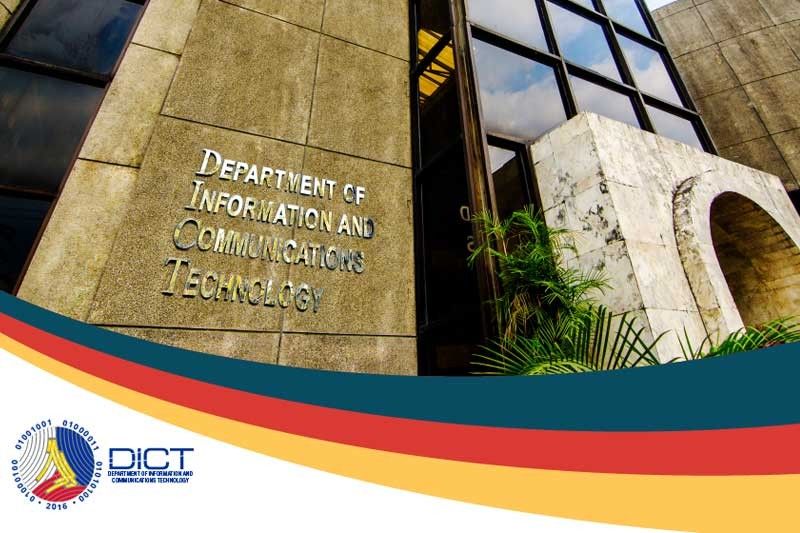PIDS cites need to strengthen DICT functions

MANILA, Philippines — The state-run think tank has cited the need to strengthen the Department of Information and Communications Technology (DICT) with the goal of removing overlapping functions with other departments and defining its role in the regulation of ICT services and e-commerce.
In a policy note titled “ICT Regulation and Regulatory Authority,” the Philippine Institute for Development Studies (PIDS) said policymakers need to revisit the scope of the DICT’s power.
The DICT, which was established in 2015, is tasked to develop policies and plans for ICT development in the country.
It currently has broad powers over telecommunications, broadcasting, data privacy, consumer protection and the promotion of trade and investment in ICT and ICT-enabled services (ICT-ES).
Among its attached agencies are the National Telecommunications Commission, the National Privacy Commission and the Cybercrime Investigation and Coordination Center.
However, PIDS consultant Lai-Lynn Barcenas said some of its functions “overlap” or are “incompatible” with those of other departments.
“The law establishing the DICT has insufficient guidance on the scope of the agency’s authority,” she said in the policy note.
For instance, the Department of Trade and Industry (DTI) still governs the promotion of trade and investments on e-commerce, the improvement of ICT skills of the labor force, as well as network security and connectivity.
The DICT has absorbed some of the functions of the Postal Regulation Division, which regulates courier delivery services. However, these delivery services include online payments, which may properly be under the jurisdiction of the Bangko Sentral ng Pilipinas (BSP).
Barcenas also noted that the extent of DICT’s authority over other components of the ICT sector remain unclear. These cover telecommunications and broadcast information operators, ICT equipment manufacturers, multimedia content developers, IT solution providers, internet service providers, ICT training institutions, software developers and ICT-ES providers.
“The inadequacy of laws in ICT and the vagueness of the DICT’s scope of power have resulted in certain barriers in the country’s trade and investment on ICT services,” Barcenas said.
Among the barriers noted in the policy note is the tedious application process in securing a legislative franchise and a certificate of public convenience and necessity, among other permits and licenses.
It takes an average of five years to process these documents, slowing down investments in the telecommunications services.
Another issue is the constitutional limit imposed on foreign ownership of telecommunications, broadcasting, mass media, and advertising firms. The constitution also prohibits foreign nationals from practicing their professions, specifically those needed in the ICT services.
These provisions restrain the entry of foreign capital, technology, and skilled human resource that could spur ICT development in the country, PIDS said.
Barcenas thus urged the government to “further strengthen the DICT’s role in ICT matters by defining the extent of its functions, and clarify the role of DTI in promoting e-commerce.”
She also recommended the removal of unnecessary requirements in the establishment and operation of telecommunications and broadcasting services providers, particularly the need for a legislative franchise.
Barcenas likewise proposed the establishing a single ICT regulator that has authority on all ICT matters, including the power to regulate industries normally handled by other regulatory authorities, and the power to interpret ICT-related issues for the guidance of other regulators.
- Latest
- Trending































